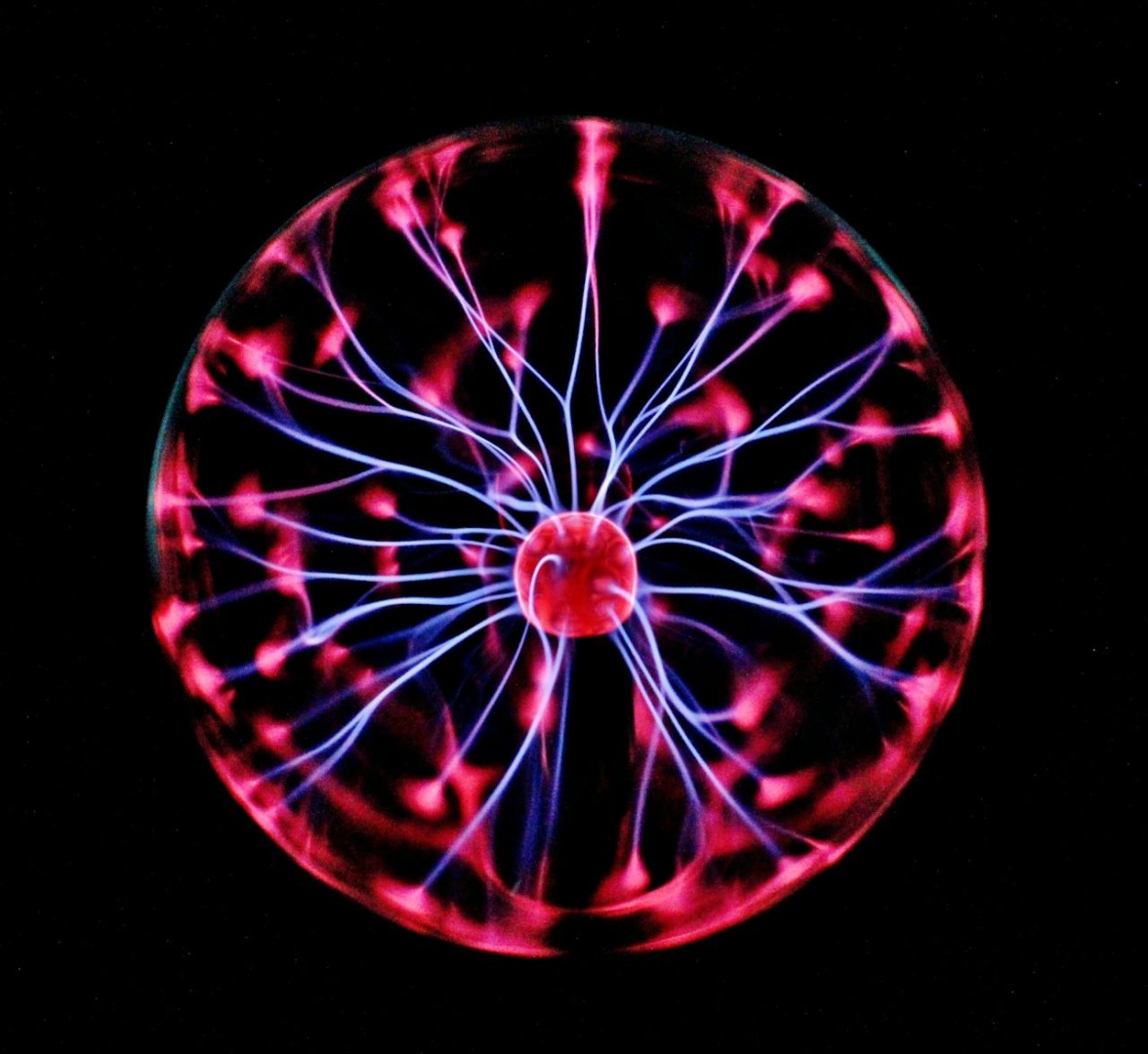Comments
- No comments found

Umbilical cord-derived MSC therapy is an innovative therapy that is showing great promise in treating Parkinson’s disease, but before choosing this therapy, it’s crucial to fully understand the treatment.
Keep reading to learn more about umbilical cord-derived MSCs, their potential as a Parkinson's therapy, the clinical evidence supporting these claims and the future of this treatment.
Mesenchymal stem cells (MSCs) are versatile stromal cells that can develop into different cell types, including muscle, bone, cartilage, and fat cells.
MSCs treat diseases by replacing and renewing damaged cells in the body. They can also repair damaged tissues by releasing cytokines and growth factors.
MSCs also regulate the immune system and reduce inflammation in the body. This makes them especially effective at treating disorders caused by immune system dysfunction, such as Parkinson’s.

MSCs can come from a variety of sources. Clinics such as Swiss Medica use MSCs obtained from a donor’s umbilical cord or placenta. Since these MSCs come from a newborn, they’re often healthier and more effective at repairing damaged tissues.
MSCs can also be extracted from bone marrow, adipose fat tissue or gum tissue. Different MSCs have different applications. For example, some studies show that placenta MSCs have a superior immunomodulating effect, which may make them more suitable for autoimmune diseases.
Embryonic stem cells come from a human fetus and pose ethical concerns. However, MSCs are sourced from adult donors and therefore, MSC therapy is an ethical treatment option. Reported side effects of stem cell therapy also come from studies on embryonic stem cells.
Parkinson’s disease is a nervous system disorder that is caused by a loss of neurons in the brain responsible for dopamine production. When neurons in this part of the brain die, dopamine decreases, causing symptoms such as:
tremors
muscle stiffness
difficulty moving
loss of automatic movements
cognitive impairment
depression and anxiety
Some recent studies also suggest that immune system dysfunction may also contribute to Parkinson’s symptoms.
For people with Parkinson’s disease stem cells derived from an umbilical cord are an effective treatment option.
Umbilical cord-derived MSCs, or UC-MSCs, are an effective Parkinson’s therapy because they can differentiate into dopamine neurons, thereby treating the symptoms of Parkinson’s. MSCs also travel to the site of tissue damage and repair and replace damaged cells that are the underlying cause of Parkinson’s.
UC-MSC therapy is also safe and non-invasive, which makes it an attractive option compared to treatment methods such as deep brain stimulation or medication.
As more people recognize the potential of MSCs in Parkinson's disease treatment, more research is being done. One animal study found that UC-MSCs greatly reduced locomotor deficits and prevented the death of dopaminergic neurons by reducing neuroinflammation.
The same study also found that UC-MSCs had a positive effect on gut microbiota, suggesting the gut-brain axis may play a role in improving locomotor functions and dopaminergic activity.
Another study showed that UC-MSCs can reduce oxidative stress and thereby prevent the death of dopaminergic neurons in early-stage Parkinson’s patients.
The main challenges and limitations of stem cell therapy are its ethical and safety concerns. However, ethical issues are connected to embryonic stem cells, not MSCs. UC-MSCs are ethically sourced and there is a low risk of immune rejection compared to embryonic stem cell therapy.
Another challenge with this therapy is that most studies on UC-MSCs for Parkinson’s are animal studies instead of human trials. While this limits the evidence for the therapy, many patients who’ve received treatment at clinics like Swiss Medica have had positive experiences.

UC-MSC therapy is a promising treatment for Parkinson’s, but more research is needed. Clinical trials studying MSC therapy for Parkinson’s typically involve very few participants. Additional clinical trials with more participants could demonstrate the efficacy and safety of this treatment, thus increasing adoption.
Since UC-MSC is a new therapy, the cost is also high. More research can make the treatment more widespread and affordable, making it accessible to anyone who needs it.
Studies suggest that UC-MSCs are an effective Parkinson disease treatment due to their ability to replace damaged neurons and prevent the death of dopaminergic cells by reducing inflammation and oxidative stress. UC-MSCs may also be effective for Parkinson’s due to their positive effect on gut microbiota.
This treatment has lots of promise, but more clinical trials are needed to support its efficacy. There also needs to be more awareness on the safety and ethical sourcing of UC-MSCs, since there’s a stigma around UC-MSCs due to the ethical issues of embryonic stem cells.
Leave your comments
Post comment as a guest